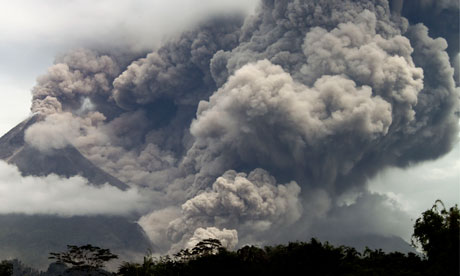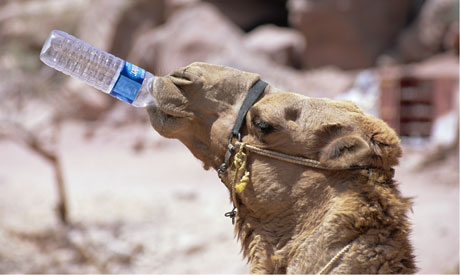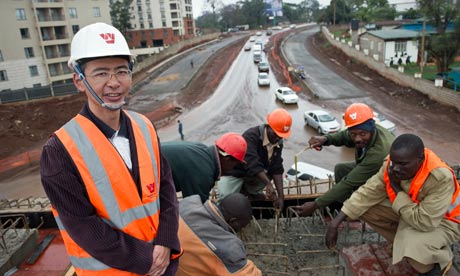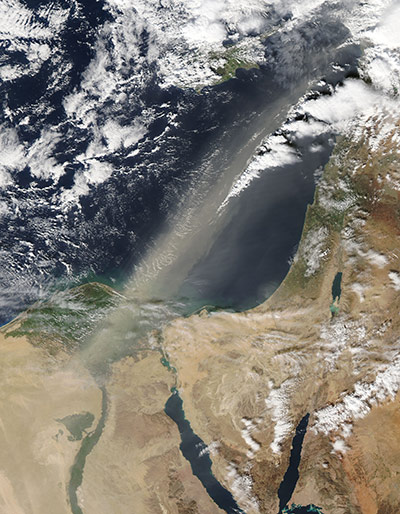
When volcanoes erupt, they emit a mixture of gases and particles into the air. Some of them, such as ash and sulphur dioxide, have a cooling effect, because they (or the substances they cause) reflect sunlight away from the earth. Others, such as CO2, cause warming by adding to the the greenhouse effect.
The cooling influence is particularly marked in the case of large eruptions able to blast sun-blocking particles all the way up to the stratosphere – such as Mount Pinatubo in 1991, which caused a significant dip in global temperatures in the following year or two. It's difficult to know for sure that the cooling observed after a particular eruption is definitely the result of that eruption, but examining the average global temperature change after multiple eruptions proves a strong link.
As for greenhouse gases, underwater and land-based volcanoes are estimated to release, in total, around 100–300 million tonnes of CO2 each year, according to the British Geological Survey and the US Geological Survey. That's a large quantity, but only around 1% of the amount that humans release from burning fossil fuel alone.
As a rule, the cooling influence of an individual volcano will dominate for the period immediately after the eruption but the warming impact will last much longer. So the significance of each depends on the timeframe being considered. A very large volcano in 2011 may significantly reduce temperatures in 2012 but slightly warm them in 2100.
It has sometimes been suggested by those who seek to disprove human impact on the climate that volcanoes release more CO2 than human activity. This is simply incorrect. As the British Geological Survey puts it:
"The contribution to the present day atmospheric CO2 loading from volcanic emissions is … relatively insignificant."






